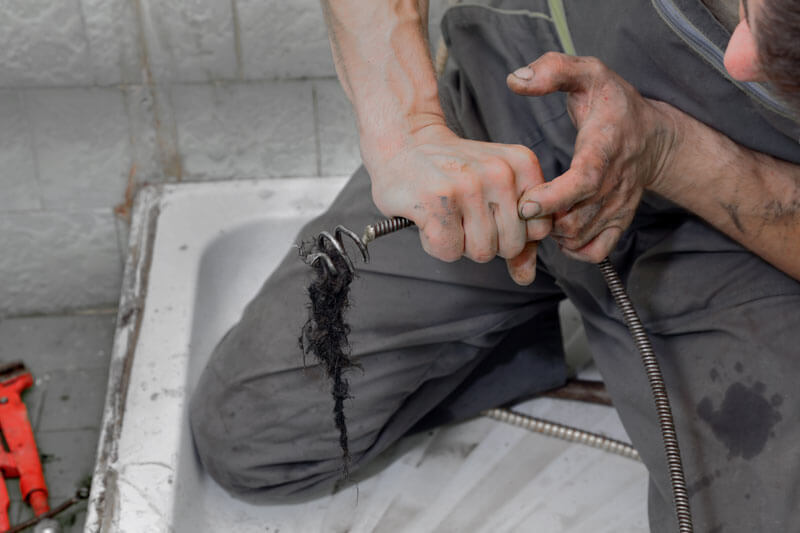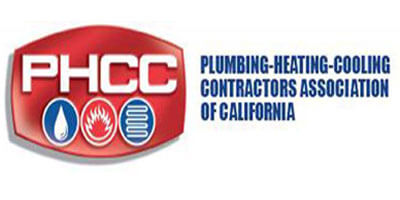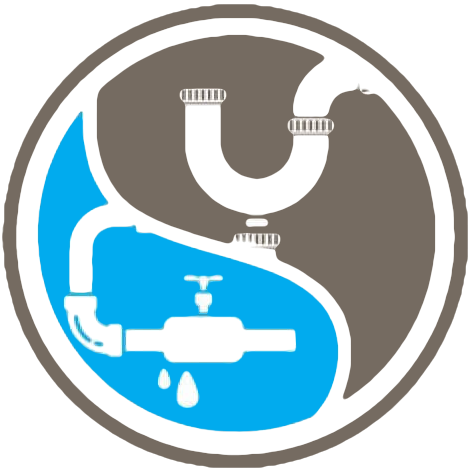
Clogged drains are more than just an inconvenience; they can be the source of a plethora of problems, affecting not just the functionality of your plumbing system, but also the health and safety of your home environment. While it might be tempting to ignore a slow drain or treat it as a minor annoyance, the risks of leaving clogs unaddressed are significant. In this blog, we’ll explore the various risks associated with clogged drains and emphasize the importance of professional intervention. And for those in San Diego County, Drain Cleaning Experts is at your service to tackle any drain-related issues with precision and care.
-
Water Damage and Flooding
One of the most immediate risks of a clogged drain is the potential for water to back up and overflow, leading to water damage. Water can seep into floorings, walls, and cabinets, leading to costly repairs. In severe cases, a major clog can cause flooding, a disastrous event that can damage property and belongings. The Institute of Inspection, Cleaning and Restoration Certification (IICRC) provides guidelines on dealing with water damage.
-
Health Hazards from Mold and Bacteria
Clogged drains can lead to standing water, which becomes a breeding ground for bacteria and mold. Mold exposure can cause a variety of health issues, especially for individuals with allergies or respiratory conditions. Furthermore, the bacteria in stagnant water can lead to unpleasant odors and potentially harmful conditions. The Centers for Disease Control and Prevention (CDC) highlights the health risks associated with mold and how to control it.
-
Attracting Pests
Stagnant water in clogged drains can attract pests such as insects and rodents. These pests are not just a nuisance; they can also carry diseases, contaminate food, and cause damage to your property. Keeping your drains clear is an essential step in pest prevention.
-
Pipe Damage
When clogs are ignored, the pressure that builds up in the pipes can lead to cracks or even bursts. This can result in extensive damage to your plumbing system and property, requiring costly repairs or replacements. Moreover, the chemicals often used in DIY drain cleaning solutions can deteriorate your pipes over time, exacerbating the problem.
-
Reduced Lifespan of Plumbing Fixtures
Clogged drains can shorten the lifespan of your plumbing fixtures. For instance, a clogged toilet can put extra pressure on the flushing mechanism, leading to wear and tear. Similarly, clogs in sink drains can lead to damage to the faucets and pipes due to increased pressure and water backup.
-
Increased Maintenance Costs
Ignoring clogged drains can lead to more severe and complex plumbing issues, resulting in increased maintenance costs. Regular drain cleaning and addressing clogs promptly can prevent these costs, saving you money in the long run.
-
Decreased Property Value
The presence of clogged drains and the issues they cause, such as water damage, mold, and pest infestations, can decrease the value of your property. Maintaining a functional and efficient plumbing system is crucial for preserving and potentially increasing your property’s value.
Drain Cleaning Experts in San Diego County
Clogged drains can lead to a multitude of risks, from immediate water damage to long-term health hazards and property devaluation. Addressing clogs promptly and effectively is crucial for maintaining a safe, healthy, and functional home environment. For residents in San Diego County, Drain Cleaning Experts offers professional drain cleaning services to ensure your plumbing system remains free of clogs and potential risks. Contact our team of skilled professionals to provide top-quality service and peace of mind, ensuring your drains are clear and your home is protected from the risks of clogged drains.

 A Division Of Blue Planet Drains & Plumbing Inc.
Our Address: 2252 Main St Suite 12 Chula Vista, CA 91911
License # 892783
Phone Number: (858) 346-5223
A Division Of Blue Planet Drains & Plumbing Inc.
Our Address: 2252 Main St Suite 12 Chula Vista, CA 91911
License # 892783
Phone Number: (858) 346-5223


